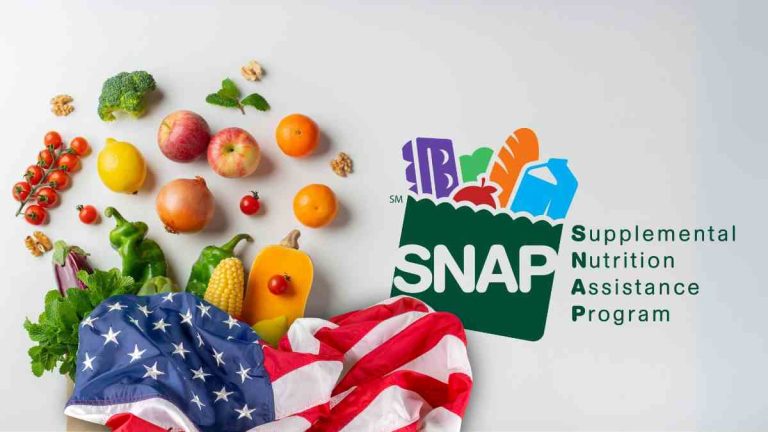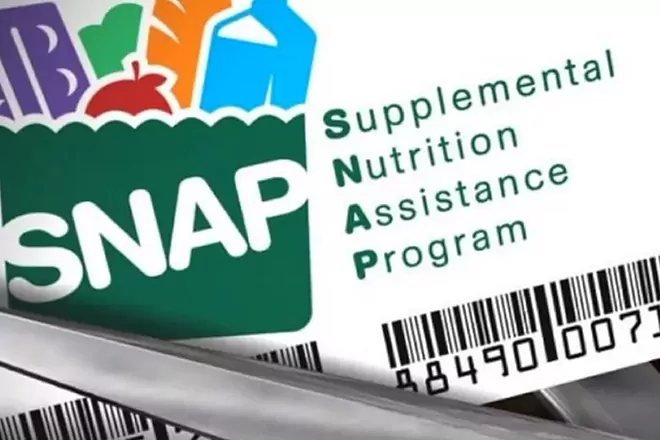Chocolate Dessert Recall: FDA Issues Warning for 22 States
According to News Week, A labeling issue has prompted the recall of a dark chocolate gelato dessert sold in 22 states. The Fresh Market announced in a notice posted to its website this week that the Petrini Belgian Dark Chocolate Gelato, produced by Heinlein Foods USA Inc., was recalled because the product may include the “wrong back label/ingredient listing.”
Recall Notice and Refund Information
“Guests who have purchased this product should discard it,” the notice reads. “Guests may also bring in their receipt from the purchase of this product to any The Fresh Market location to receive a full refund. We apologize for this inconvenience.” The Fresh Market has stores in Alabama, Arkansas, Connecticut, Delaware, Florida, Georgia, Illinois, Indiana, Kentucky, Louisiana, Maryland, Massachusetts, Mississippi, New Jersey, New York, North Carolina, Ohio, Oklahoma, Pennsylvania, South Carolina, Tennessee, and Virginia.
Cause of the Recall
A representative for Heinlein Foods told Newsweek over the phone on Wednesday that the recall was initiated after a worker accidentally put a label meant for strawberry sorbet on the back of the dark chocolate gelato. The incorrect label included a “dairy-free” stamp, while the chocolate gelato contains milk, posing a potential risk for those with dairy allergies.
Health Risks for Allergy Sufferers
The representative went on to say that only 55 boxes of the gelato were affected and had been removed from distribution. At the time of publication, there were no reports of any related allergic reactions. While the inclusion of an unexpected ingredient like milk may not prompt serious health concerns for most consumers, those with dairy allergies could suffer the potentially fatal condition of anaphylaxis if they consume milk.
Also read: Extra Money for SNAP Recipients in New York: Details on the New Program
Symptoms and Major Food Allergens
Anaphylaxis requires immediate medical attention and can cause symptoms such as throat swelling, difficulty breathing, a sudden drop in blood pressure, and loss of consciousness. Other symptoms of serious allergic reactions may include rashes, hives, itching, vomiting, diarrhea, and abdominal cramping. Milk is considered one of nine “major food allergens” by the U.S. Food and Drug Administration. The other major allergens include eggs, fish, shellfish, tree nuts, peanuts, wheat, sesame, and soybeans.
Prevalence of Food Allergies
According to the Centers for Disease Control and Prevention, about 6 percent of American adults and 8 percent of children have at least one food allergy. In addition to allergies, milk poses a risk for people with lactose intolerance, which is the inability to properly digest lactose, a type of sugar found in dairy products.
Managing Lactose Intolerance
Some people with lactose intolerance use supplements containing lactase, an enzyme that breaks down lactose, to prevent symptoms before consuming dairy products. Symptoms of lactose intolerance may include bloating, diarrhea, gas, nausea, and abdominal pain. If untreated, this condition can lead to long-term adverse health effects by blocking the absorption of calcium and vitamin D.






